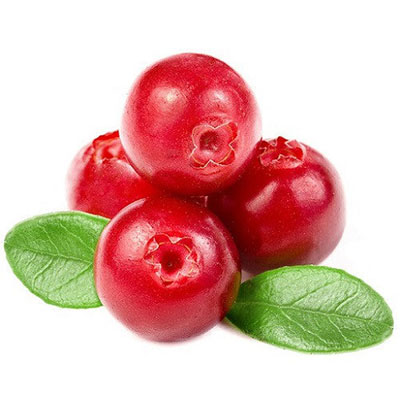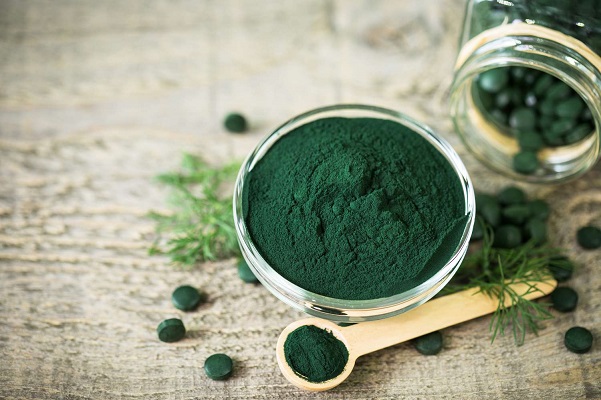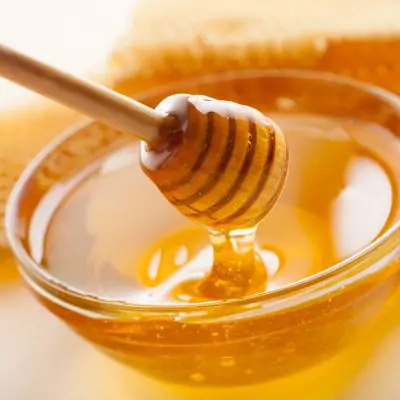On This Page
Overview
Cranberries have been regarded by Native American Indians throughout history as a favorite superfood due to their high vitamin and antioxidant contents, which have been connected to a variety of medical purposes.
A tiny evergreen shrub that often grows in North America is the cranberry. Cranberries, often known as red berries, are utilized in teas, pills, capsules, extracts, and other herbal items as well as several other foods and drinks. This fruit has a wide range of health advantages and is high in phytonutrients and antioxidants. These berries also contain numerous active compounds that are beneficial for treating a wide range of illnesses.
Synonyms of Cranberry
- American cranberry
- Large cranberry
- Vaccinium macrocarpon
- Lingonberry
- Shrub
- Lingberry
- Vaccinium Vitis-idea
- Small cranberry
- Genus Vaccinium
Nutritional Facts of Cranberry
| Energy: | 46 kcal |
| Carbohydrates: | 12 g |
| Sugars: | 4.3 g |
| Dietary fiber: | 3.6 g |
| Fat: | 0.1 g |
| Protein: | 0.5 g |
Phytochemical Constituents of Cranberry
- Phenolic acids
- Anthocyanins
- Flavones
- Flavonoids
- Organic acids
Therapeutic Uses of Cranberry
- Cranberry Wine Aids in UTI and Cardiovascular Illness
Consuming cranberries has numerous important health advantages. The first crucial point is that cranberry wine has been strongly linked to a reduction in urinary tract infections (UTI) and have been discovered to be advantageous for cardiovascular health as well. Cranberries wine include a bio-active substance called Proanthocyanidin, which functions as a phytochemical and treats urinary tract infections.
- Oral Health
It has aided in developing good oral health. Cranberries assist in preventing bacteria from sticking to the surface of the teeth, preventing the plugin gingivitis, which is commonly caused by a growth in proanthocyanidin.
- Kidney and Bladder Issues
Numerous bladder and kidney issues, such as kidney stones, can be avoided due to the presence of citric acid and other crucial nutrients in cranberries.
- Heart Conditions
Cranberries are excellent for maintaining a healthy heart and aid in lowering the amount of harmful cholesterol that clogs arteries. Additionally, they aid in preventing the buildup of plaque, which can lead to atherosclerosis, on the arterial walls. As a result, there is a significant decrease in the likelihood of having a heart attack or stroke.
- Peptic Ulcers
Due to its high content of flavonoids, cranberries can help lower your chance of developing stomach ulcers and other gastrointestinal problems.
Home Remedies of Cranberry
- For Acne and Blemishes
Cranberries are the ideal food for people who have acne. Acnes and blemishes can be treated with the anti-inflammatory and antiviral properties of cranberries. The fruit also contains a significant amount of vitamin C, which aids in the fading of scars and blemishes. Grab a glass of cranberry juice. Apply it directly to the pimples or blemishes after dabbing it on a cotton swab. After letting it air dry, rinse it with fresh water.
- For Scalp Irritation
The antibacterial and anti-inflammatory qualities of cranberries assist to reduce scalp inflammation. You should try cranberries if you have an itchy scalp.
Combine egg white and cranberry juice in a bowl.
Apply the mixture to your scalp, being sure to get the hair tips as well. Spend some time massaging your scalp with it. After a short period, rinse it off with cold water. Follow this cure twice a week for best results.
- Improves digestion
Because they are high in dietary fiber, cranberries support a happy and healthy stomach. Its regular ingestion aids in reducing gastritis, an inflammation of the stomach lining. By helping food travel through the system more easily and smoothly by breaking it down, drinking cranberry juice also helps with digestion.

Have A Health Issue?
Consult Online
- Dr. Sahil Gupta (B.A.M.S., M.H.A.)
Ayurvedic Allergy Specialist
CEO & Founder of IAFA®
Ayurvedic Aspects of Cranberry
Cranberries have antiviral and antifungal characteristics and can be used to treat Pitta diseases such as edema, toxic blood, scorching urination, and skin allergy. In terms of flavor, cranberries are described as being sour, astringent (or drying), hot, and having a pungent aftertaste. Typically, these characteristics exacerbate Vata (dryness), Kapha (heaviness and wetness), and Pitta (heat). Cranberries are thought to balance Pitta because of their unique ability to cleanse the blood and combat infection.
Daily Dose: There is no established cranberry dosage. But it is advised to consume 8 to 16 ounces of cranberry juice every day to preserve urinary tract health and avoid urinary tract infections.
Side Effects of Cranberry
- Aspirin allergy
Salicylic acid is present in significant amounts in cranberries. Avoid ingesting too much cranberry juice if you use aspirin or other blood thinners. If you have an aspirin allergy, you should limit your intake of cranberries as well.
- Weight Gain
Cranberries may be bad for your waistline. It has a lot of natural sugars. Sugar consumption in excess might result in weight gain. Therefore, it is advised to consume cranberries in moderation.
- Can Aggravate Your Stomach
Despite how tasty cranberry juice is, consuming too much of it might cause stomach problems. High fiber content can make you feel bloated, dizzy, nauseated, etc.
- High Chance of Kidney Stones
Cranberries are rich in oxalate. In high doses, oxalate may cause kidney stone formation. Therefore, it is best to evade drinking cranberry juice in extra quantities.
Conclusion
Numerous health advantages of Cranberries include boosting hair development, avoiding cancer, promoting heart health, and healing urinary tract infections and joint pain. Additionally, it provides the nutritional needs for vitamin C, anthocyanin antioxidants, potassium, iron, and magnesium for healthy bones, hearts, and blood vessels.
To avoid any negative effects like indigestion, bloating, or constipation, one must consume it in moderation and avoid eating excessive amounts. If you face any allergic response you can book your appointment with Dr. Gupta at IAFA® manages all kinds of allergies by using herbal approaches.
References
- https://en.wikipedia.org/wiki/Cranberry#:~:text=Raw%20cranberries%20are%2087%25%20water,10%25%20of%20its%20Daily%20Value.
- https://www.ncbi.nlm.nih.gov/pmc/articles/PMC8911768/#:~:text=system%20%5B3%5D.-,Cranberry%20is%20abundant%20in%20nutritional%20components%20and%20many%20bioactive%20compounds,%2C%20flavonoids%2C%20and%20organic%20acids.










